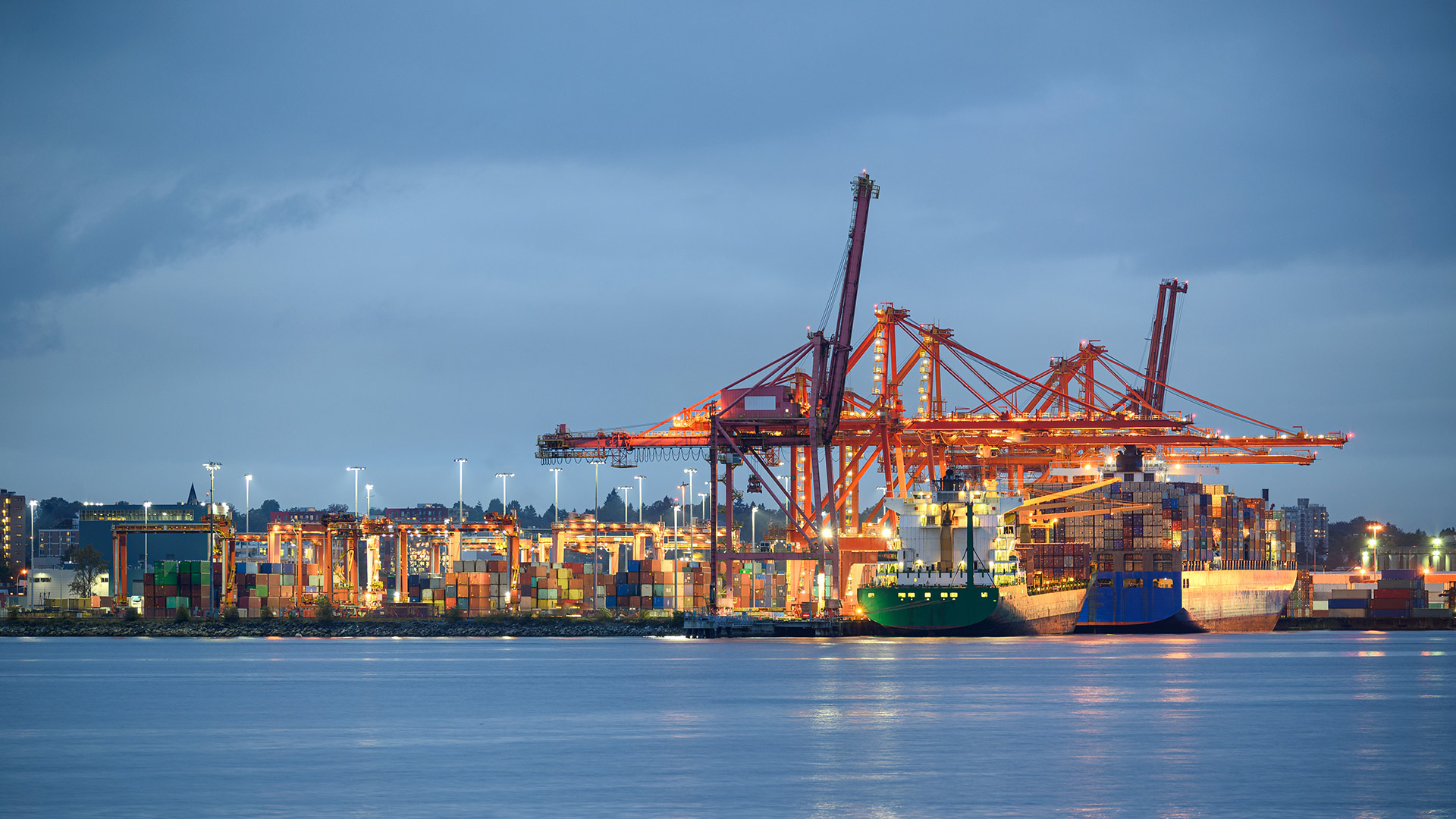
Publication
What are employers' obligations during election periods?
On March 23, the Prime Minister of Canada called a federal election to be held on April 28.


Global | Publication | January 2021
The human rights, sanctions and export controls space is very active and changes are made frequently. This publication is current as of January 22, 2021.
On January 12, the UK and Canada announced new measures regarding products originating from the Xinjiang Uyghur Autonomous Region (Xinjiang) in the People’s Republic of China (PRC). The measures include financial penalties, export controls, import bans, and increased due diligence requirements, and seek to ensure that British and Canadian businesses are not implicated in forced labour in Xinjiang.
The UK government has confirmed it is reviewing product export controls on goods entering the UK from Xinjiang, while the Canadian government has indicated it will seek to impose a number of regulatory measures prohibiting goods entering and leaving Canada where their supply chain involves forced labour in Xinjiang.
The UK foreign secretary has further indicated that the UK government will seek to introduce financial penalties for organizations that fail to meet statutory reporting obligations under the Modern Slavery Act 2015 (UK MSA).
In October 2020, the UK (and 38 other countries including Canada) participated in an international joint statement on the human rights situation in Xinjiang at the UN General Assembly Third Committee and UN Human Rights Council. The following month, the UK Business, Energy and Industrial Strategy Committee held a hearing in November 2020 to determine the extent to which businesses in the UK are implicated in forced labour in Xinjiang; various companies were called to submit evidence.
The UK has now announced various measures directed at both the public and private sector, including:
As discussed in our previous article, in September 2020 the UK committed to amending the UK MSA so that the six criteria to be addressed in companies’ annual SHT statements will become mandatory. This is an important change, as relevant organizations are currently only encouraged, rather than required, to addresses these matters1 (e.g. policies, due diligence processes etc.) in their SHT statements.
The UK Foreign Secretary’s confirmation on January 12th that the Government plans to introduce new financial penalties for non-compliance with the UK MSA is a further interesting development, not least because the Government previously announced in September that the matter of enforcement would be kept under review.2 Equally, it is important to appreciate that, because Section 54 imposes a requirement to publish an SHT statement, any penalty would constitute sanction for a business’ failure to publish a statement conforming to the technical requirements prescribed in the legislation.
The Government has not indicated that it has any plans to strengthen the UK MSA to require businesses to conduct modern slavery due diligence in their operations and supply chains. As the EU and a number of jurisdictions take steps to implement mandatory human rights due diligence laws, the UK Government will continue to face calls to adopt similar legislation of its own.
Canada recently amended the Customs Tariff Act which prohibits the importation from all countries of goods “mined, manufactured or produced,” in whole or in part, by forced or compulsory labor.3 Such a prohibition applies to all goods (irrespective of country of origin) and is enforced by the Canadian Border Services Agency and/or the Royal Canadian Mounted Police. As part of its recent announcement, however, the Canadian Government indicated that it considered Xinjiang-related entities a “particular risk”, and importers should expect increased scrutiny of products and services originating (or likely to originate) in Xinjiang.
Similarly, where there is a substantial risk that goods to be exported to Xinjiang could be used to commit or facilitate a serious violation of human rights, Global Affairs Canada may refuse export permits under the Export and Import Permits Act, particularly in the case of advanced Canadian technology and services that could be misused or diverted towards government surveillance, repression, arbitrary detention or forced labor.
In its January 12, 2021 announcement, Canada also introduced several new measures aimed at addressing the risk of Canadian businesses dealing in goods produced wholly or partly by Uyghur people in forced labor conditions in Xinjiang. These include:
A failure to sign the new Xinjiang Integrity Declaration, or to conduct appropriate supply-chain due diligence, may result in the refusal or withdrawal of services and support from the Trade Commissioner Service of Global Affairs Canada. In addition, it could lead to complaints at one of Canada’s two forums for dispute resolution under the international business and human rights standards: the Canadian Ombudsperson for Responsible Enterprise and the Canada’s National Contact Point under the OECD Guidelines for Multinational Enterprises. Companies which refuse to participate further may find themselves in breach of the Export and Imports Permit Act and the possibility of goods being seized at the border or even fines and prosecution.
It bears highlighting that the new guidance published by Canada is explicit that a “lack of transparency on the origins of goods” is itself a potential indicator of forced labor when conducting due diligence. This imposes a high standard of proactive oversight over a company’s suppliers. The company must satisfy itself that forced labor was not used in the production of goods, rather than simply looking for more obvious indicia of modern slavery. This will require a comprehensive due diligence framework to examine and monitor the supply chain.
Norton Rose Fulbright has a cross-jurisdictional team of lawyers that is dedicated to helping companies identify and respond to human rights related issues. This group monitors business and human rights legislative developments for companies on a global basis.
If you have any queries in relation to these specific export control measures, or sanctions in general, please contact David Harris (London) or Stephen Nattrass (Ottawa).
Section 54(5) states that an SHT statement may include information about an organisation’s: (i) structure, business and supply chains; (ii) policies; (iii) due diligence processes, including with respect to its supply chain; (iv) SHT risks (specifically, the parts of the business and supply chain which give rise to a risk of SHT) and the steps taken to assess and manage that risk; (v) effectiveness in mitigating the risks of SHT occurring in the business or supply chain (by reference to appropriate performance indicators); and (vi) training.
As things currently stand, where an organization fails to comply with its obligations under section 54 of the UK MSA, the UK Secretary of State may file an application for an injunction for specific performance, per section 54(11). Failing to comply with such an injunction could lead to an organization being found in contempt of court, punishable by way of an unlimited fine.
These amendments were introduced in July 2020 as part of the implementation of the Canada-United States-Mexico Agreement (CUSMA), and bring Canada’s international trade controls in line with those of the USA which already include various import restrictions relating to forced labor.

Publication
On March 23, the Prime Minister of Canada called a federal election to be held on April 28.

Publication
On March 27, the Autorité des marchés financiers (AMF, Quebec’s financial markets regulator) published proposed amendments (the Amendments) in a publication titled Regulation to amend Regulation 81-102 respecting Investment Funds pertaining to crypto assets.
Subscribe and stay up to date with the latest legal news, information and events . . .
© Norton Rose Fulbright LLP 2025